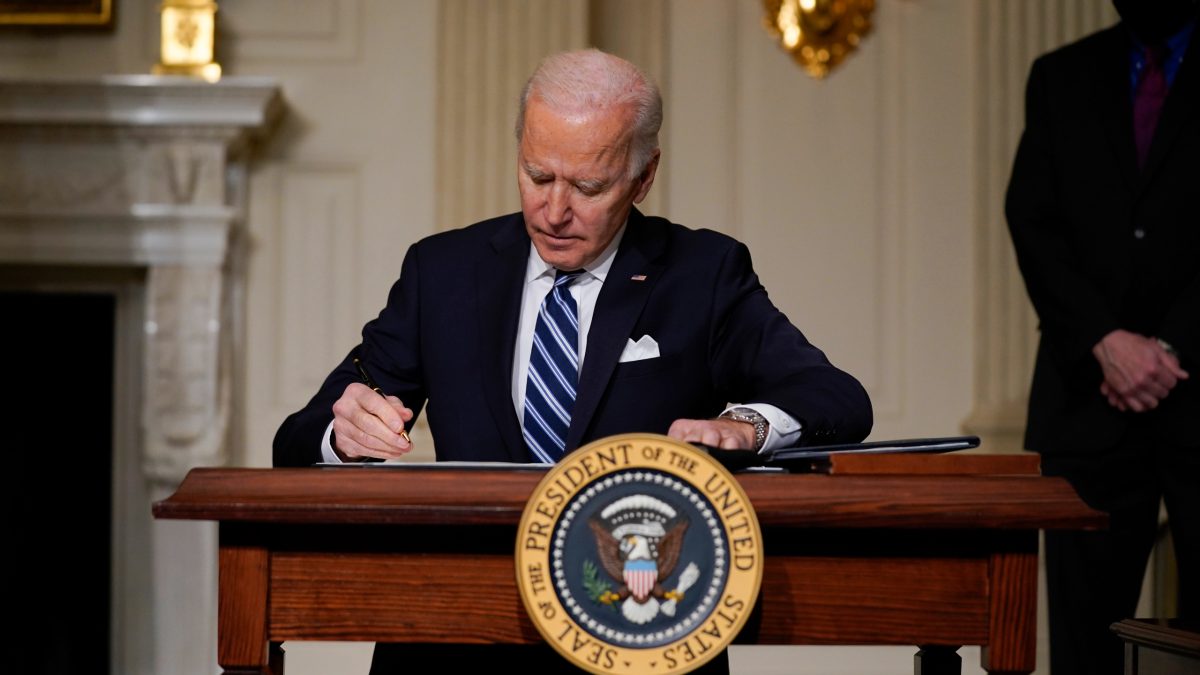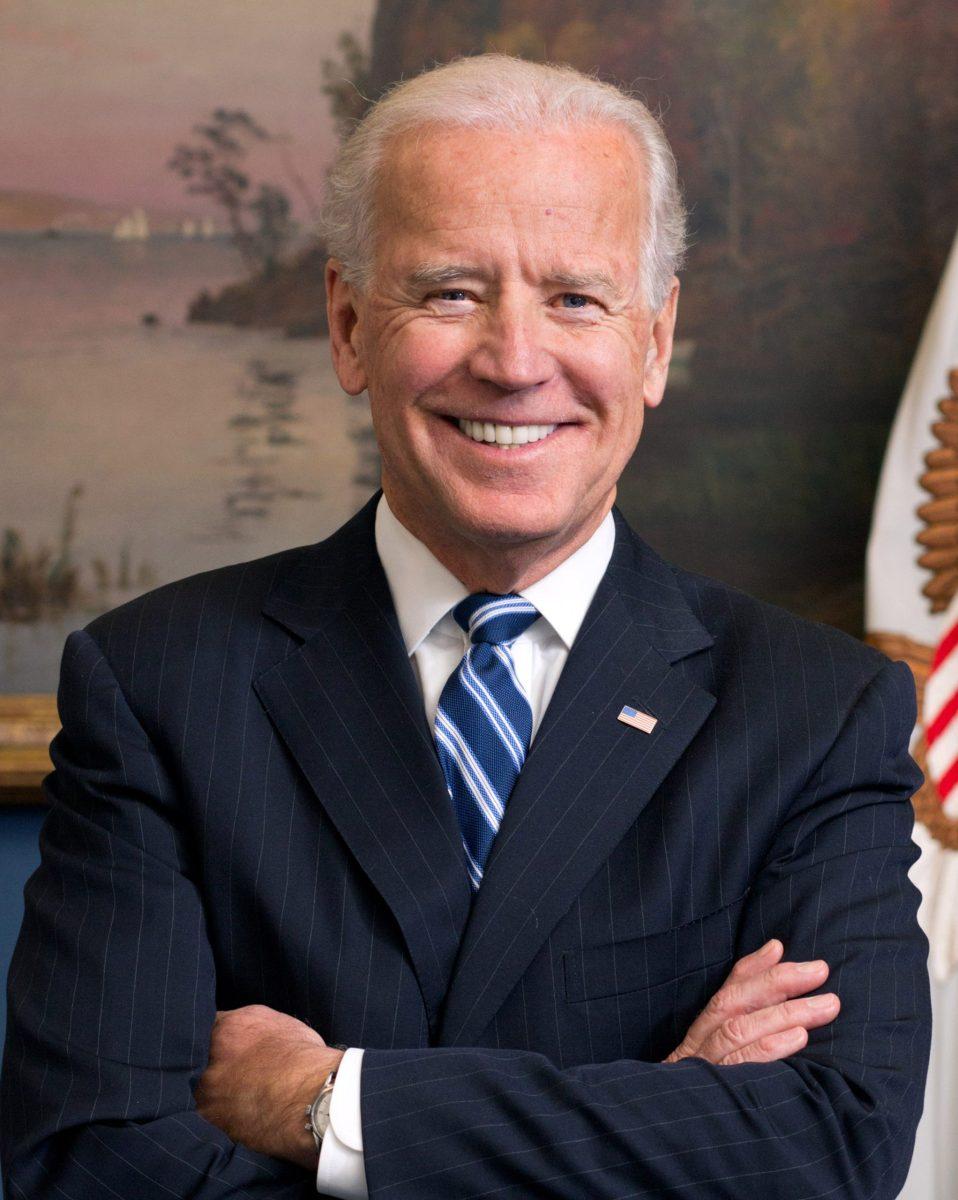On November 12, 2018, NJIT joined millions across the country in celebrating and thanking veterans for our freedom, with the Dean of Students and Campus Life holding a ceremony in the Campus Center Atrium. However, in some circumstances, this appreciation may be the extent of the benefits veterans at NJIT are now receiving.
For several months, the Department of Veterans Affairs, or the VA, has had thousands of delays on education and housing payments to veterans across the nation. This failure stems from multiple information technology-related processing issues within the VA. More specifically, although Trump signed the Forever GI bill into law, offering extended benefits to veterans and their families, this legislation did not upgrade the VA’s technical capabilities, leaving many veterans with debt and the threat of eviction or expulsion from schools.
This problem extends to NJIT students. Although the students interviewed have had relatively positive experiences, student Cameron Greer, a fourth-year history major, notes that his experience was more of an exception than the rule, and that he knows student veterans that have had issues with the VA. For example, Erik Conty, a fourth-year engineering student, did not receive adequate payments for the current semester, and is currently seeking reimbursements from the VA.
Greer believes that “veterans’ rights are more than high enough of a priority, as politicians often utilize campaign promises relating to them, and not entirely disingenuously,” especially “with the GI Bill and benefits in the post 9/11 era.”
Unfortunately, it is only the VA’s distribution of these benefits that presents the problem. Paul Bosin, a second-year veteran majoring in concrete industry management and surveying engineering technology, explains that this situation has caused “a lot of service members to suffer and find it difficult to stay afloat,” which makes “the country appear to be anti-military,” even when citizens and lawmakers act otherwise.
The complications do not end here. Earlier in November, VA officials promised to the House of Representatives that veterans who had still not received their full benefits would be fully reimbursed. Additionally, it was announced that the VA would continue to make payments to veterans at least at previous housing and education rates until the IT issues were resolved.
However, according to aides in the department, on November 28, it was revealed that remaining veterans with pending claims would not be reimbursed. Indeed, although the VA predicts to correct these IT issues in December of 2019, they only plan to enact the Forever GI Bill moving forward from that time. The reason? Making retroactive payments involves audits on all previous education claims, meaning the VA would face an estimated two million claims. Additionally, although two sections of the GI Bill require these lost and delayed payments to be made, the VA told congressional staffers that they had legal justifications that would allow them to skate by with this decision.
Looking to the future, Cameron Greer says this situation indicates that the VA needs to reform its systems, as it is clearly “understaffed, undertrained, or simply inept. It needs a radical restructuring and streamlining; it plainly is not adequate to deal with the colossal number of veterans in this country.”
Especially with the VA’s refusal to reimburse veterans not receiving payments, Bosin believes the Department of Veteran’s Affairs “could be better handled by someone with military experience, as they see what we all have seen and understand.”
The experience of certain student veterans at NJIT allows us to see this national issue in a stark local perspective. Bosin further explains that this ordeal adds a new meaning to the idea that “service members are those who—at one point in their lives, signed a blank check on their lives.”
On January 9, 2017, President Trump signed an executive order that allows transitioning service members and veterans to receive up to a year of mental health care from the Veteran Affairs Department after discharge from the service.
Photo by Airman 1st Class Juan Torres | U.S. Air Force































